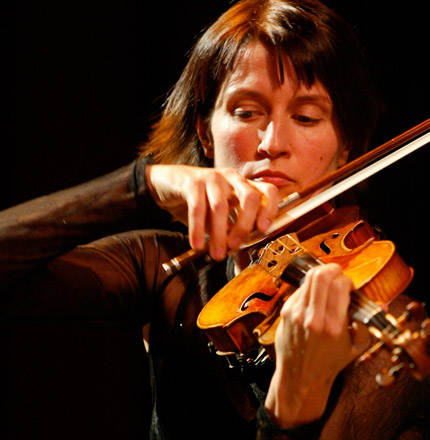 United States Debussy, Dusapin, Tchaikovsky: Viktoria Mullova (violin), Matthew Barley (cello), Seattle Symphony / Ludovic Morlot (conductor), Benaroya Hall, Seattle, 11.8.2018. (ZC)
United States Debussy, Dusapin, Tchaikovsky: Viktoria Mullova (violin), Matthew Barley (cello), Seattle Symphony / Ludovic Morlot (conductor), Benaroya Hall, Seattle, 11.8.2018. (ZC)

Debussy — Petite Suite
Dusapin — At Swim-Two-Birds
Tchaikovsky — Symphony No.4 in F minor, Op.36
Pascal Dusapin’s At Swim-Two-Birds, his ambitious concerto for violin and cello, was the main draw at this Seattle Symphony concert, on a program billed by music director Ludovic Morlot as encompassing three centuries of classical music. In addition to Dusapin, one of the 21st century’s prominent musical voices, the evening included works by Debussy, who propelled modernism a century ago, and Tchaikovsky, who revolutionized Russian Romantic music in the late 19th century.
Tchaikovsky’s Fourth has become a staple in the orchestral repertory in part because of the tumultuous story of its creation. Through letters to Nadezhda von Meck, we now know the inner turmoil that consumed the composer. Struggling with his homosexuality, Tchaikovsky married Antonina Miliukova, a former student, but left her after less than three months. Living with someone he felt no attraction to simply became a torment that was too great to bear. Years later, he confessed that he waded into the Moscow River in the hope that he would contract a fatal chill, an escape that never materialized. His work on the Fourth Symphony turned out to be a better escape for the 37-year-old composer.
Most successful interpretations of the symphony are dramatic, foreboding and tinged with nostalgia, with each movement propelled by weighty strings, lilting winds and pungent brass. Morlot’s reading had some of these qualities, but not enough to call the performance definitive. The strong contributions of the brass section, and horns in particular, carried the first movement, with their icy blasts setting a foreboding tone. Morlot’s preference for brisk tempos and sharp phrasing helped by underscoring the movement’s inherent tension. In the second, however, this became a liability. The approach undercut the winds and sweetened the nostalgia. A playful, springy third movement reset the audience, but sloppiness by the percussion section marred the ebullience of the finale, and the fine work of the strings and horns.
At Swim-Two-Birds for violin, cello and orchestra is Dusapin’s contribution to the double concerto repertory. Co-commissioned by Seattle and a number of European orchestras, the piece was written for the husband and wife duo of violinist Viktoria Mullova and cellist Matthew Barley. Dusapin drew inspiration from Flann O’Brien’s book of the same name, and the author’s narrative framework provided a new way to think about the relationship between soloists and orchestra. Instead of pitting soloists against the orchestra, the composer sets up his soloists as voices that are both complementary with the larger ensemble and distinct from it. Dusapin constructs music of beguiling difficulty and natural momentum, but there is little that struck me as memorable (though judging a new piece from one performance is difficult). Hearing additional performances and a recording or two may reveal more enduring qualities to this complex composition.
Mullova was by far the stronger of the two soloists. Both she and Barley traversed Dusapin’s harrowing score with great skill and dexterity, but while her violin seduced the audience with a rich, full, singing tone, the cellist was barely audible at times.
Debussy’s Petite Suite, orchestrated by Henri Büsser, offered a breezy opening, and continued the conductor’s survey of the composer. Morlot’s mastery will be missed when he ends his tenure with the orchestra next year. Very few conductors can draw out the composer’s detail and color. For an all too brief fourteen minutes, Morlot reminded us how much the ensemble has grown and matured under his masterful leadership.
Zach Carstensen